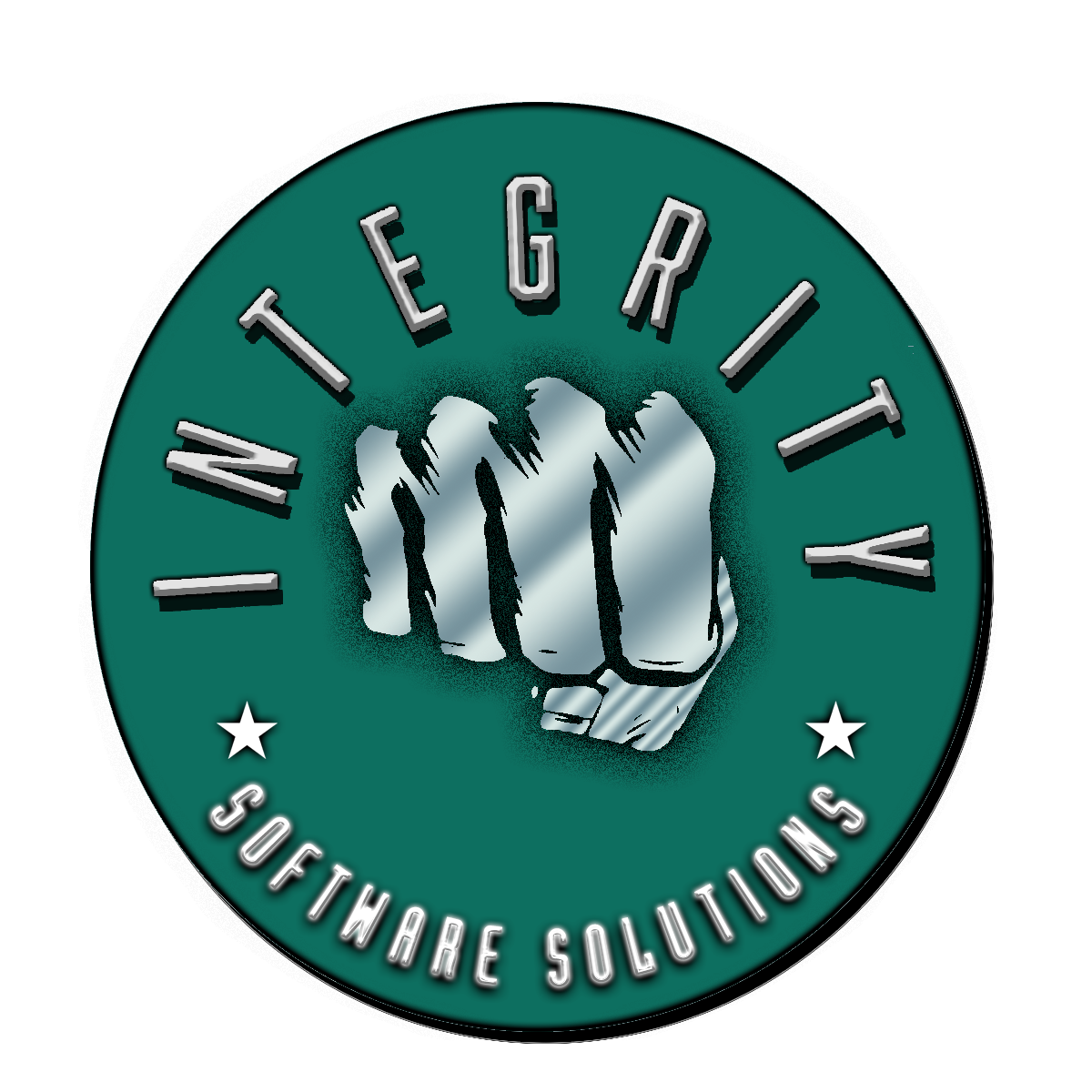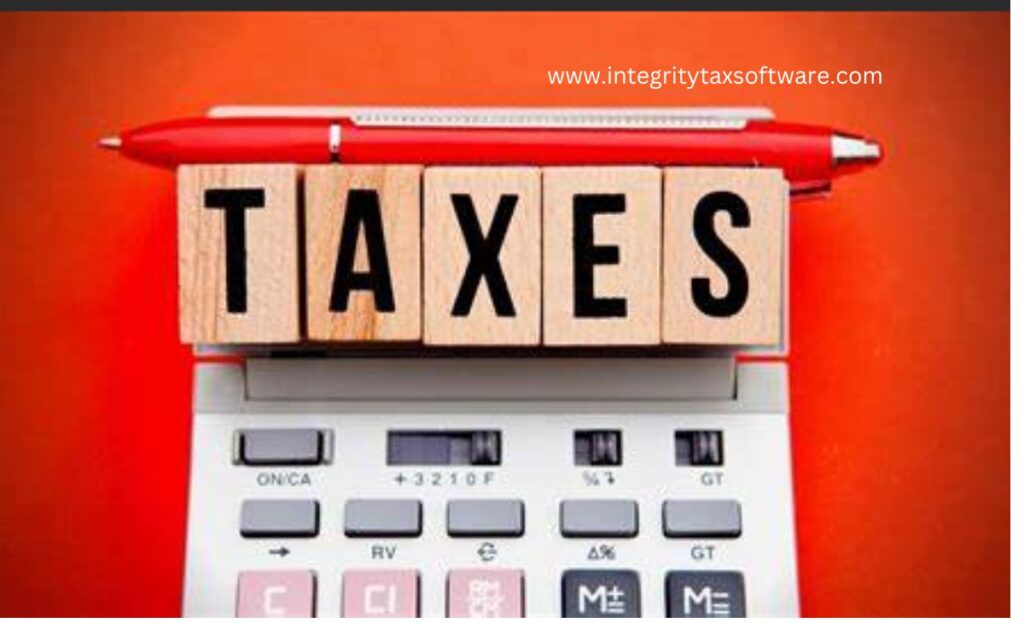When deciding between tax software and an accountant, consider your financial complexities, budget, and comfort with technology. Tax software offers a cost-effective and convenient solution for straightforward tax situations, while an accountant provides personalized expertise for nuanced financial scenarios. The right choice depends on your unique needs and preferences.
In today’s tech-driven era, as individuals and businesses grapple with the intricacies of financial management, advance tax solutions are becoming increasingly sought-after. The emergence of digital tools and the enduring relevance of traditional accounting present a pivotal question: Should one opt for tax software or rely on an accountant? In this comprehensive review by Advance tax solutions, we’ll explore the strengths and limitations of both choices, aiming to help you select the most suitable option for your needs.
The Digital Landscape: The Rise of Tax Software
Advance Tax and Digital Tax Solutions
The proliferation of technology has gifted taxpayers with many tax solutions. These digital tools promise a user-centric approach to managing and filing taxes.
Also read which one is best CPA or Turbo tax for your taxes. Visit the link.
Pros
- Efficiency and Speed: Most tax software tools are designed simply. Users can rapidly move through sections with clear prompts and instructions, ensuring speedy tax filings.
- Cost-Effective: In comparison to the fees of a professional accountant, many tax software tools are budget-friendly or even free, making them an attractive choice for individuals and small businesses.
- Regular Updates: Given the dynamic nature of tax laws, many software providers offer regular updates to stay in line with changes.
Cons
- Generic Responses: By design, software caters to a broad audience. This one-size-fits-all approach may not always resonate with everyone, especially those with unique financial scenarios.
- Limitations in Addressing Complex Issues: Not all tax circumstances can be easily boxed into predefined categories that software provides.
Mobile Tax Solutions & Income Tax Mobile App
The shift towards mobile has ushered in specialized solutions like income tax apps, allowing taxpayers a seamless experience without the need for bulky setups.
Pros
- Unparalleled Accessibility: Managing and filing taxes from a smartphone means you can address tax issues anytime, anywhere.
- Instant Notifications: Mobile apps usually have notification features, ensuring you never miss a deadline.
Cons
- Security Challenges: Mobile solutions demand stringent security features. Without these, there’s a risk of personal data breaches.
- Surface-Level Features: While handy, some mobile solutions might lack the depth found in their desktop counterparts or with professional services.
The Timeless Option: An Accountant
Digital platforms notwithstanding, the personalized touch of a human accountant remains invaluable for many.
Pros
- Bespoke Advice: No software can truly replicate the personalized attention an accountant provides. They can tailor advice based on individual financial histories and future goals.
- Expertise in Complex Scenarios: Be it mergers, acquisitions, or intricate investment portfolios, accountants shine in navigating complex tax landscapes.
- Future Tax Planning: Accountants often don’t stop at just filing taxes. They can provide insights into future tax-saving opportunities.
Cons
- Higher Costs: Quality accounting services come with a price. This could be a deterrent, especially for those with straightforward tax situations.
- Availability and Time: A sought-after accountant might have numerous clients, which could result in longer wait times during peak tax season.
Factors to Consider
Choosing between tax software and an accountant goes beyond immediate needs; it’s about aligning with your long-term financial goals. Here are some pivotal factors to deliberate upon.
1. Nature of Financial Transactions
If your financial scenario involves multiple income streams, investments, property ownership, or overseas dealings, you might benefit more from an accountant’s expertise.
2. Budget and Affordability
While tax software is generally cheaper, consider the potential future costs of errors or overlooked deductions.
3. Comfort and Familiarity with Technology
If you’re tech-savvy, a software solution might seem more intuitive. On the other hand, if tech overwhelms you, the human touch of an accountant might be more comforting.
4. Time and Effort
Consider the time it takes to familiarize yourself with software versus consulting directly with an accountant. A direct conversation may clear up confusion faster than navigating a digital platform for some.
5. Future Financial Planning
Think about your financial aspirations. While tax software can guide you through current tax obligations, an accountant might offer insights into future financial planning and strategies.
Before you decide, remember that expert advice is valuable. Learn the benefits of advanced tax planning strategies. At Integrity Tax, expert tax solutions can guide you through every financial decision. Whether you’re considering tax software or pondering hiring an accountant, reach out to our experienced team to ensure you make the best choice.
Learn which is better file taxes online or hire an accountant. by visiting the link
Final Words
The decision between tax software and an accountant is a pivotal one. With the vast array of tax solutions available, the convenience of technology is undeniable. However, the bespoke expertise and personal touch of a seasoned accountant, like the professionals at Integrity Tax, remain indispensable for many.
Your financial trajectory and peace of mind depend on making informed decisions. Whether you opt for modern tech solutions or the timeless wisdom of an accountant, always prioritize what best suits your financial landscape. And remember, the team at Integrity Tax is always here to help guide your way.

